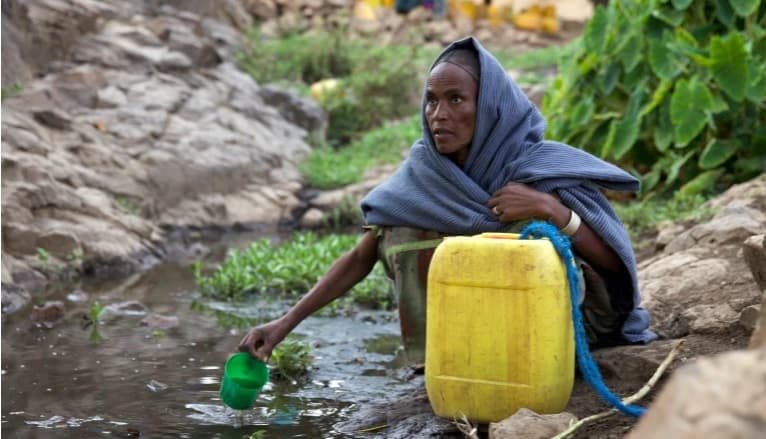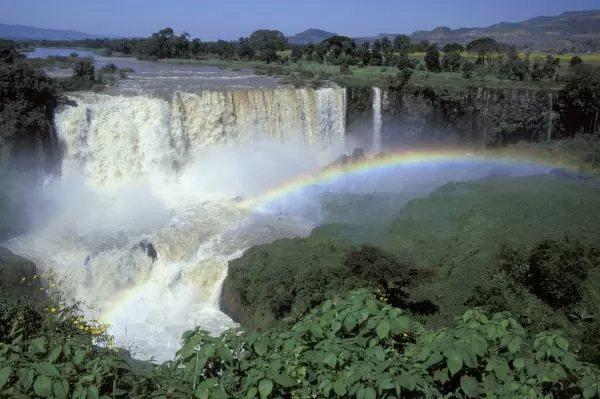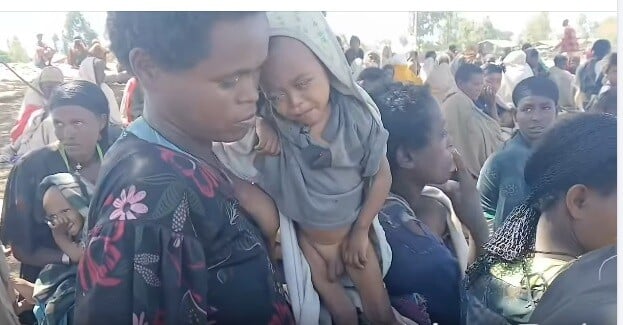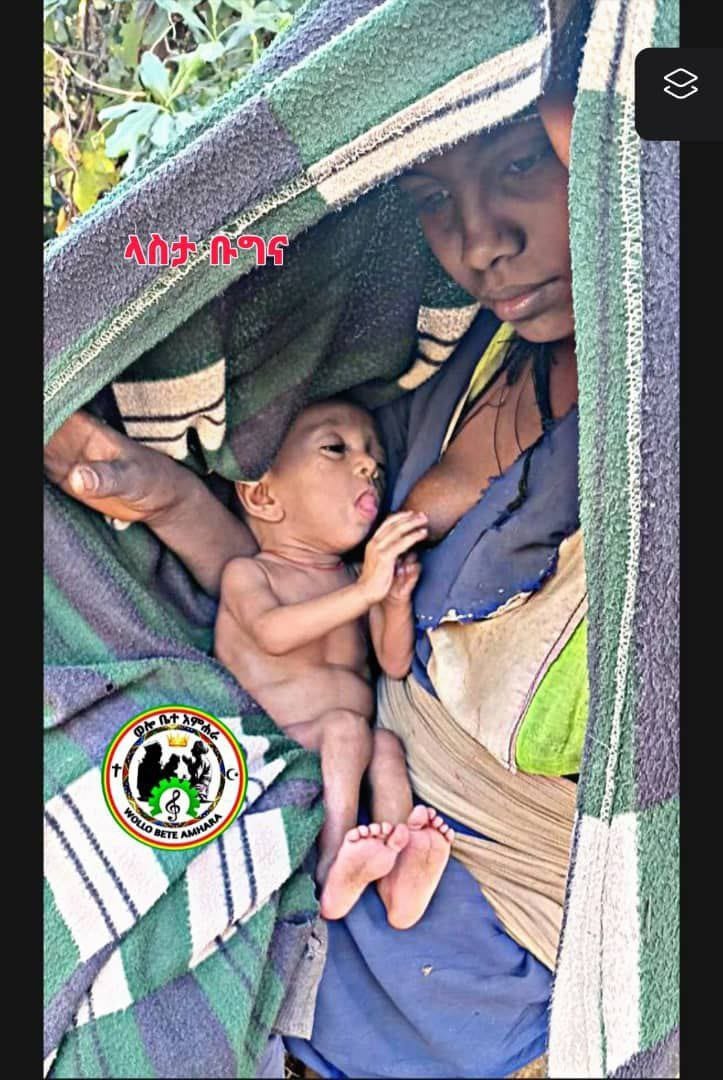Tewodros Abebe, Accokeek
March 22, 2021
 The June 2 World article “The toll African women pay to collect water,” which highlighted a recent analysis of global access to clean water, reported on a critical problem that is grossly neglected in many African countries. The daily ordeals and burdens of water-collecting, left mainly to women and children, are an unsettling phenomenon that should worry African policymakers.
The June 2 World article “The toll African women pay to collect water,” which highlighted a recent analysis of global access to clean water, reported on a critical problem that is grossly neglected in many African countries. The daily ordeals and burdens of water-collecting, left mainly to women and children, are an unsettling phenomenon that should worry African policymakers.
The article brought back poignant moments I experienced on several trips to rural regions in Ethiopia. Images of malnourished, barefoot women and children, carrying plastic buckets in both hands, came to mind. In small and large groups, they traveled several miles every day to fetch water, mostly from dwindling rivers and streams. The water in many areas was muddy. It was heartbreaking to watch children struggle to carry the water-filled buckets back to their homes while trying to maintain their balance to prevent spilling the precious liquid.
Having regular meals and attending school are unreachable luxuries to these children who are subjected to the agonizingly difficult chore.
Finding clean water, a basic necessity to maintain a healthy community, should not remain the cause of so much suffering. Unless African countries succeed in liberating a significant portion of their populations from this terrible situation, any development program will remain meaningless.















